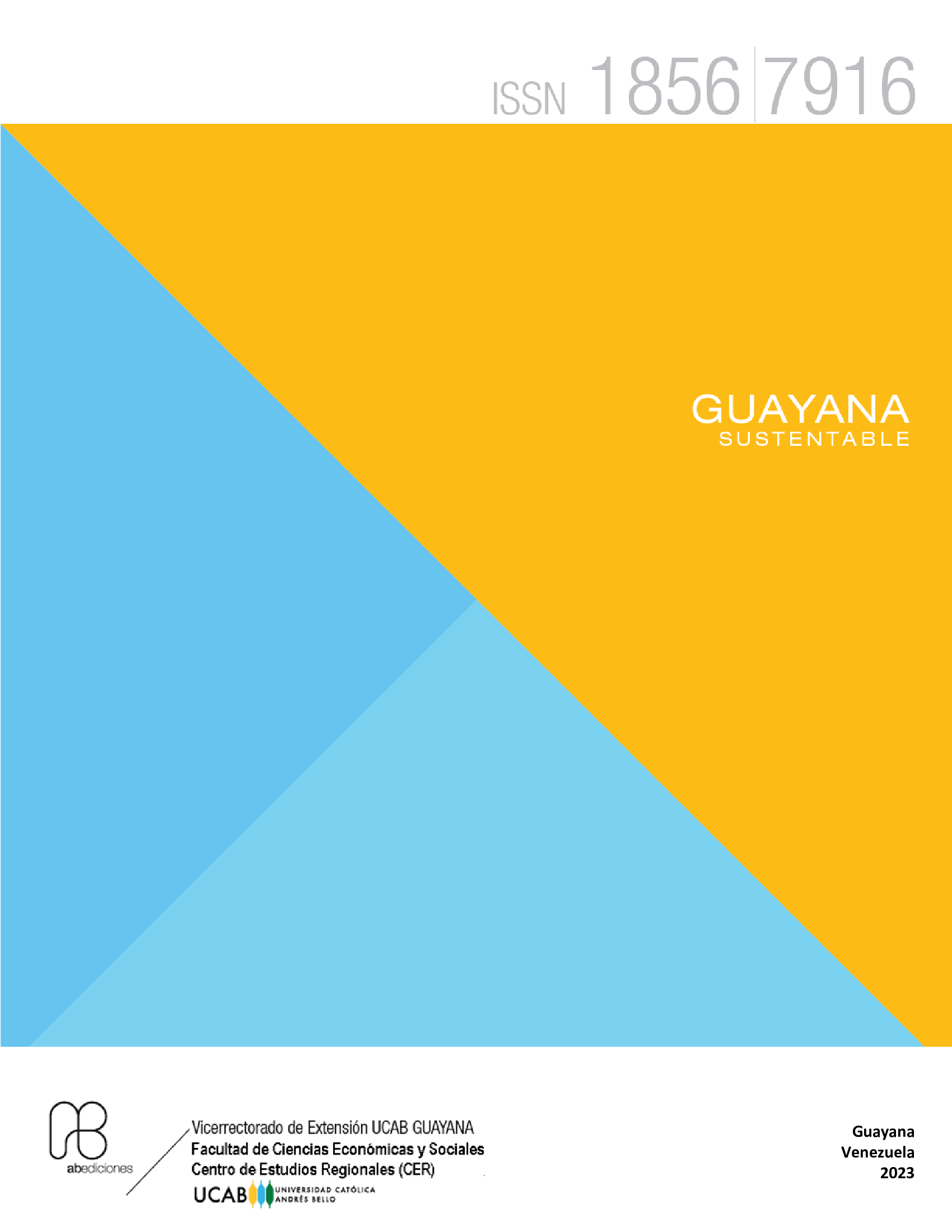This is an outdated version published on 2024-01-16. Read the most recent version.
Preservation of the cultural rights of indigenous peoples
Preservation of the cultural rights of indigenous peoples
Abstract
A culture varies and constitutes a scheme of values influenced by the internal dynamics and the relationships that this culture maintains with other cultures. Cultures change even in societies located in the most absolute isolation. Culture, as Fasheh (2007) indicates, is a river undergoing permanent change. Culture is a process that involves a project for the future, continually coupling and reinventing itself, referring to innovation, creativity and receptivity to new cultural forms and relationships. It is necessary to protect material and immaterial expressions and cultural identity as the element on which more harmonious and plural societies are built. It is a right with dimensions for the identity of the human being, and its access provides a series of options that are decisive in their lives. “Everyone has the right to freely take part in the cultural life of the community (…)” (UDHR, article 27).Downloads
Published
2024-01-16
Versions
- 2024-01-19 (2)
- 2024-01-16 (1)
Issue
Section
Artículos
License
Los autores que publican en esta revista están de acuerdo con los siguientes términos:
- Los autores conservan los derechos de autor y garantizan a la revista el derecho de ser la primera publicación del trabajo al igual que licenciado bajo una Creative Commons Attribution License que permite a otros compartir el trabajo con un reconocimiento de la autoría del trabajo y la publicación inicial en esta revista.
- Los autores pueden establecer por separado acuerdos adicionales para la distribución no exclusiva de la versión de la obra publicada en la revista (por ejemplo, situarlo en un repositorio institucional o publicarlo en un libro), con un reconocimiento de su publicación inicial en esta revista.
- Se permite y se anima a los autores a difundir sus trabajos electrónicamente (por ejemplo, en repositorios institucionales o en su propio sitio web) antes y durante el proceso de envío, ya que puede dar lugar a intercambios productivos, así como a una citación más temprana y mayor de los trabajos publicados (Véase The Effect of Open Access) (en inglés).

